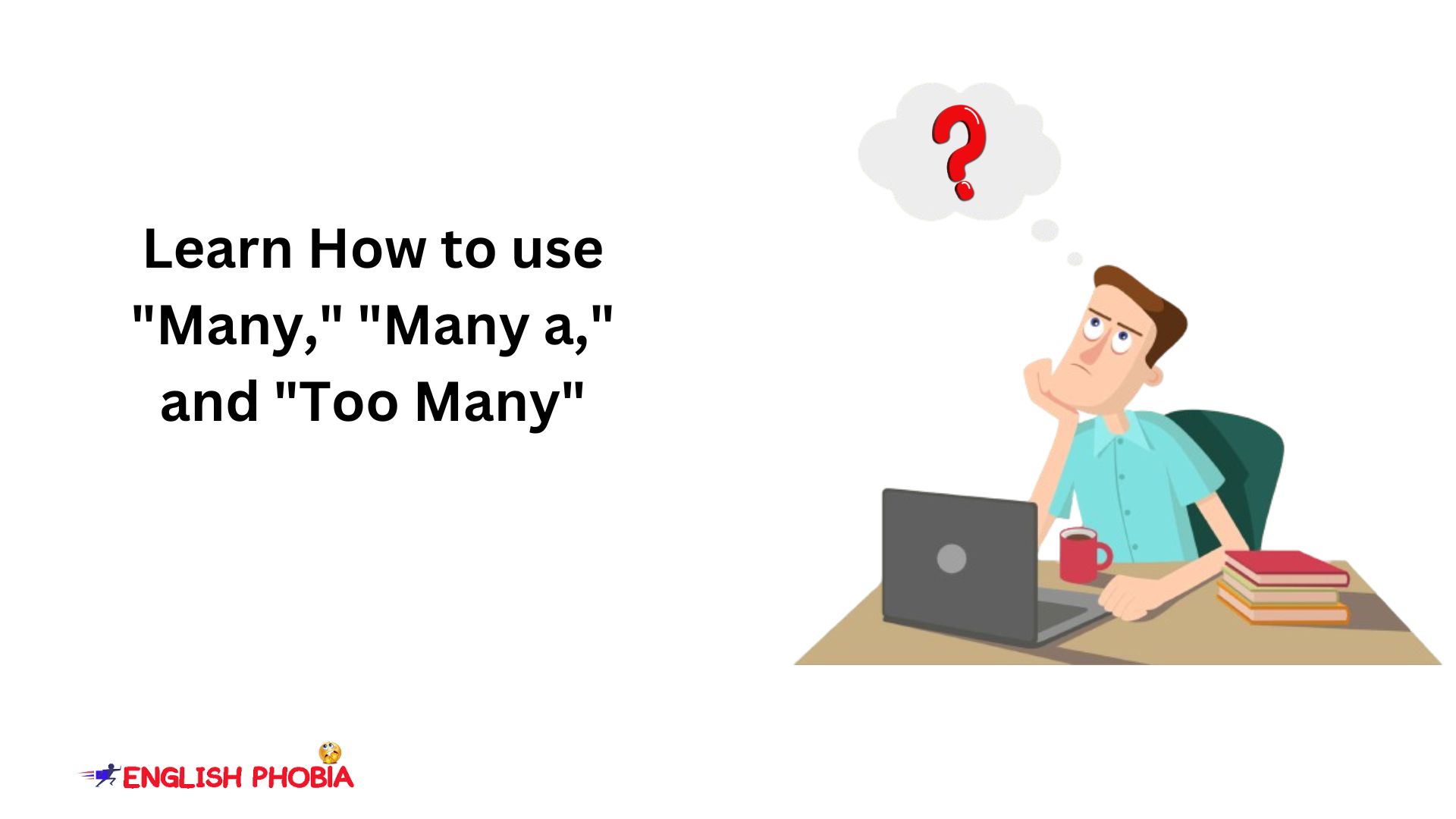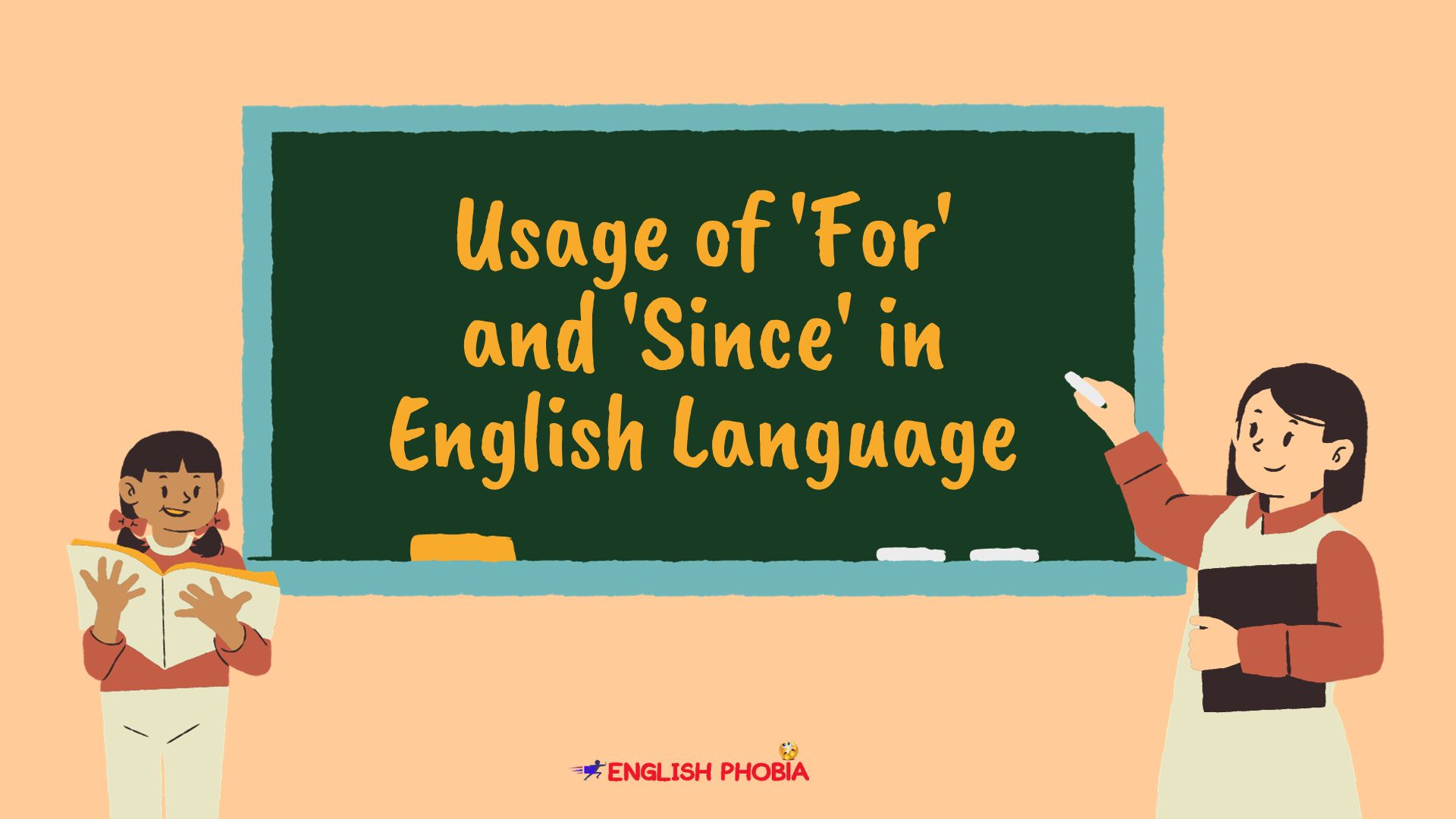Hello friends, I hope you all are fit as a fiddle.
We are going to discuss subordinating conjunctions in this article. I hope that you have already gone through its previous parts in case you haven’t yet. I advise you to read them once so that you can understand the type of subordinating conjunctions.
You will learn in this article;
1. Conjunction of Manner
2. Conjunction of place
What is a subordinating conjunction?
A subordinating conjunction is used to connect subordinating clause to the main clause. The subordinating clause can never stand its own and give complete meaning. Therefore, it needs an independent clause to give its full sense.
Let’s understand with the help of some subordinating conjunctions examples.
I do not wish to know where she lives.
There are two clauses in the above sentence.
“I do not wish to know” (Main clause) because it doesn’t need any other sentence to complete the meaning. It is quite enough to express someone’s intention clearly.
While “Where she lives” is a subordinating clause or you can also say it is a dependent clause because it needs a main clause to complete its meaning else it will be an incorrect sentence if we use it anywhere.
A subordinating clause always comes with a main sentence only then it can make two and two four.
How many types of subordinating conjunctions are there?
People often get confused about how many types of subordinating conjunctions we have in the English language.
9 types of subordinating conjunctions
1. Conjunction of Time
2. Conjunction of Reason
3. Conjunction of Purpose
4. Conjunction of Result
5. Conjunction of Condition
6. Conjunction of Comparison
7. Conjunction of Concession
8. Conjunction of Manner
9. Conjunction of place
Conjunction of manner
[As, as if & as though]
What is a conjunction of manner and when do we need to use the conjunction of manner?
One needs to use the conjunction of manner to show how a person performs any action or activity.
AS
1. She always works as her boss advises her.
2. A student wrote answers in the examination as his teacher taught him.
3. You reap as you sow.
4. It did not happen as we planned.
5. They laughed as they found my job amusing.
[As if & As though]
Before we move on to use (as if and as though), there is something really important to share with you all with the help of the below table.
|
Action |
Always Use |
||
|
is something |
Were |
||
|
|
Subject |
has something |
Had |
|
does something |
Past indefinite tense |
||
When we have to describe any hypothetical situation, we use two different sentences wherein one shows a condition while another is the result of it. Here is an example of it. In case you don’t know how to use past indefinite tense, you can go and learn it here.
For example,
She speaks English so fluently as if she were a native English speaker. (She is not in reality)
There are three situations wherein you can use these conjunctions of manner.
1. When a subject is something.
Maria is an English teacher. (Here the subject is a teacher)
He is the president. (Subject is the president)
Elon Musk is my best friend.
Jeff Bezos is my old neighbor.
When you come across such cases,
you always need to use “Were” for all the subjects whether it is a singular subject or a plural one.
2. When a subject has something.
He has a Lamborghini car.
They have millions of dollars.
Romeo has access to the prime minister.
I have supernatural power.
Mostly we take unreal cases in this regard that are not present in reality.
3. When a subject does something.
He goes to America.
They belong to India.
He asked me for help.
Note:- we usually take hypothetical situations in such conditions. These conjunction examples help us show the manner of a person and how he does an action.
Let’s get on board to use these expressions!
1. She scolds me as if she were my mother.
2. I care for her as though she were my wife.
3. They behave with me as if I had so much intelligence.
4. People live as though we were extremely affluent.
5. I love her as if she were a part of my life.
6. We should live as if it were the last day of our lives.
7. Mr. Narendra Modi shows as if he were a saint.
8. A father works as though he had an untiring soul.
Conjunction of place
[Where and wherever]
People often get confused about how to use the conjunction of place (where and wherever). It is a bit tricky because we have to indicate a place without its name. Let me explain to you with the help of examples.
I will go to Chicago where my family lives.
“Where” indicates the name of a place (Chicago) here therefore, it will be an adjective clause.
I will go where my family lives. (Without place name)
Therefore, it is the correct use of conjunction to make an adverb clause. Likewise, we can make many more conjunction of place examples and use them. Make sure, you don’t mention the name of any sentence.
1. You will find me waiting for you where the embraces the death.
2. Near, far, wherever you are, my heart will go on.
3. She found me where the last metro station exits.
4. I find happiness wherever I see her face.
5. Nobody knows where our destination might take us.
Isn’t it so interesting to indicate a place without being mentioned in words? This is how people can talk about the place they have met or had something special hidden out there.
Likewise, you can make sentences and use them to sound like a native English speaker. In case you find any difficulties to understand or use these subordinating and coordinating conjunctions examples, please do let us know. Your feedback really matters a lot to us.











